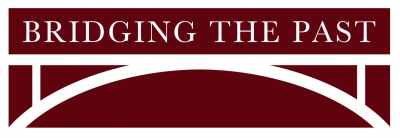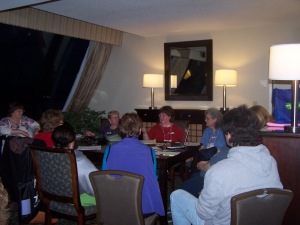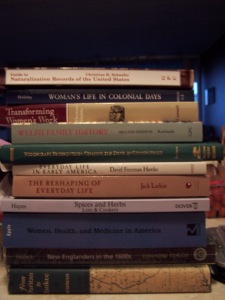On Monday I went to the annual Mass History Conference. The theme was “Never Done!: Interpreting the History of Women at Work in Massachusetts”. The theme intrigued me, but I mostly went for the networking. The conference was held at Holy Cross College in Worcester. It is beautiful.
I have picked up so many wonderful tidbits from networking at various genealogy and history events, as well as from groups and friends on Facebook and Twitter. This conference was no different.
I sat next to 2 city archivists from Gloucester and told them about my thesis research. They
gave me some wonderful ideas for future research after I have completed my thesis.
Laurel Thatcher Ulrich was the keynote speaker and mentioned that Harvard had just released a free online EdX course about material culture. I signed up and am auditing it.
Quite a few people came-we filled the ballroom at Holy Cross College in Worcester.
The best part for me though was what came after a panel discussion on archival resources for women’s research. One of the panelists was from the National Archives. She brought some really fun things, including pictures of women lumberjacks in the 1930s and government records for the Von Trapp family (Sound of Music). I mentioned the Indian depredations records I had found in the US Serial Set for Levi Savage and she gave me the email address for another NARA employee who knows everything about Congressional records and government records related to Indians. She is not in the Boston or DC office, so I may never have found her if I hadn’t been networking. I am pulling together everything and will then email her.
One of the afternoon seminars was a readers theater about women, illness and death in the 1800s. It was amazing and I thought about new ways to use records and to get others interested in the research I am doing. Have you considered a readers theater to share family history stories with your family?
I have stumbled across so many wonderful resources and ideas through networking. I found the manuscript I am using as the primary source document for my thesis through networking. I have made wonderful friends through networking.
Which conference or other means of networking will you participate in?







